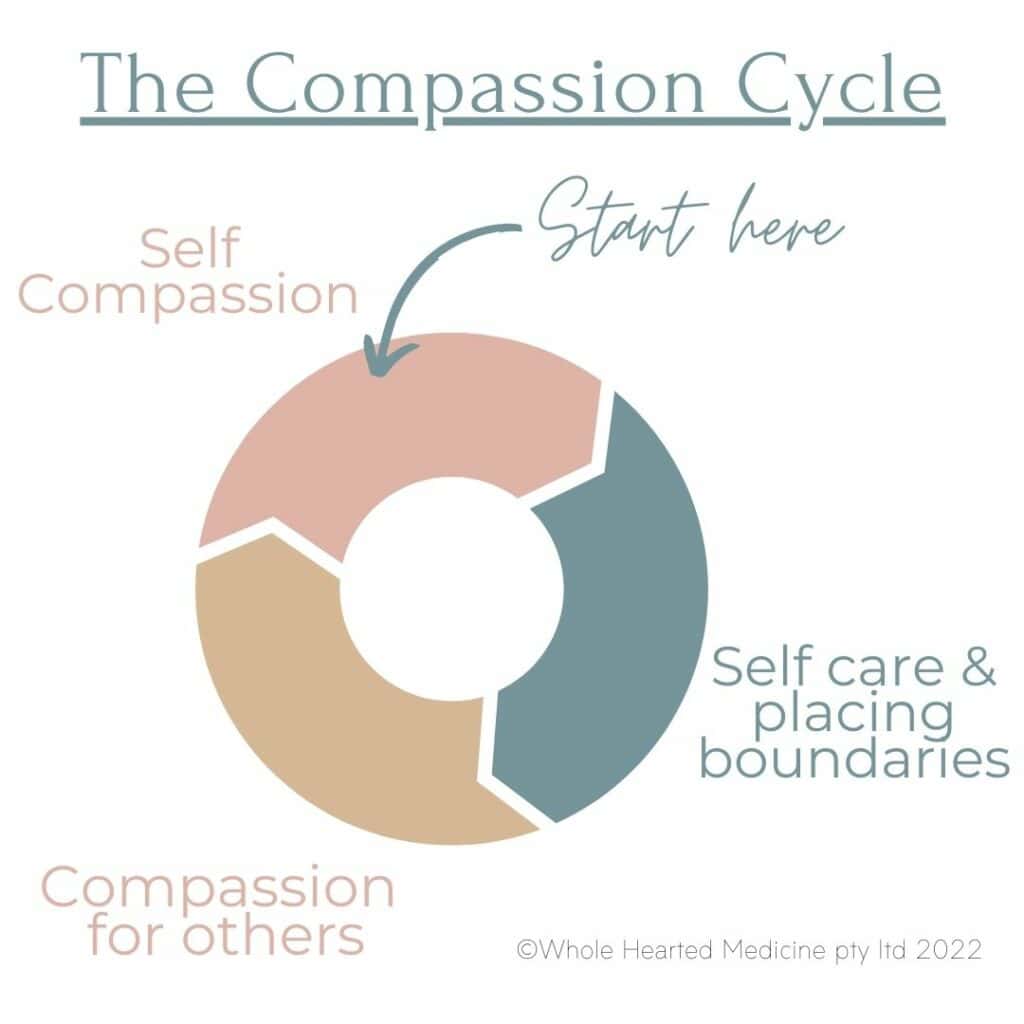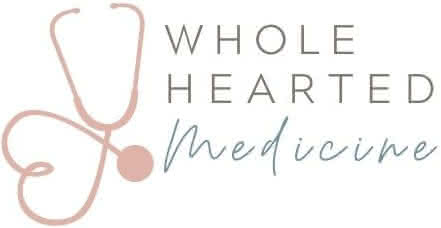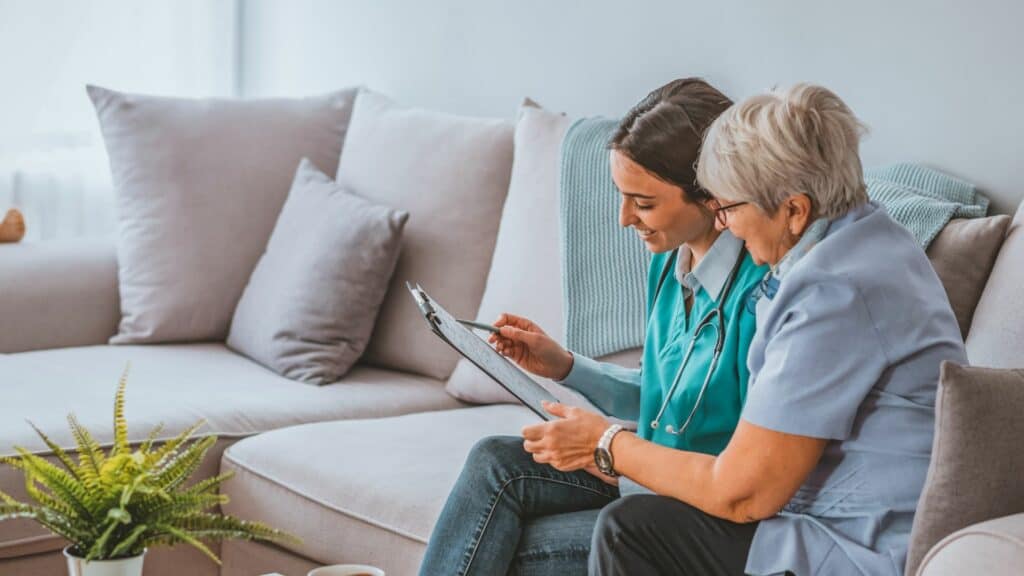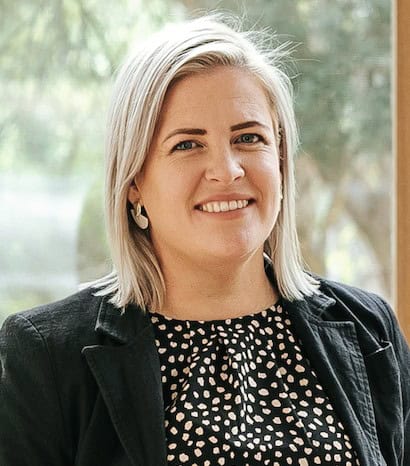I have built a very successful life upon berating myself. Guilt and shame have historically been powerful drivers for me. Through high school, getting into medical school, getting through medical school (and the stress inducing process of bedside tutorials!), specialty training and then giving, giving, giving all of myself to my job out of guilt that by putting myself first even once, I would be ‘selfish’. Through all of it I can’t recall that self kindness was the fuel to my fire, but rather the omnipresent fear of failure or making a mistake. Self compassion didn’t hit my radar until I was piecing myself back together post burn out.
Why is it that in a profession that is built upon the care of others, the care of self is so lacking in our education and fundamental structure?
This is a question I ask myself not infrequently these days. Often followed by “so how can we change that?”. And the answer that keeps arising for me is that while empathy is important in our roles as doctors, that it is compassion, most notably self compassion, that we need to direct our attention towards.
Self compassion is not apathy. It is not ‘letting yourself off the hook’ or letting yourself ‘get away’ with things. It’s about recognising that even for those of us who for a living teach others how to take care of themselves, who advocate for our patients to “be kind” to themselves and who preach kindness to all- that many of us still will struggle to direct this kindness inwardly towards ourselves. This doesn’t make us failures, it simply makes us human.
Compassion is not empathy. Empathy involves the felt sense of the emotions and experiences of others- without necessarily being able to do anything about it. Through out our training we are taught how to be empathic towards our patients, how to “put ourselves in their shoes”. But research shows that this in isolation can be disempowering and also lead to empathic distress if we find that we are unable to help. Instead what we should aim for is flexible empathy, where we are able modulate our empathic response based on our ability to effect change. In fact research suggests that compassion training focussing on helping healthcare workers to understand the different components of empathy- namely perspective taking (cognitive empathy), empathic concern (emotional empathy) and compassionate care (empathy in action) from the final component of personal distress (which tends to be the innate or ‘default’ version of empathy) can help us to avoid the pitfalls of empathic distress and burn out.
Mindful self compassion is the artful combination of not only the practice of mindfulness- which in my own personal experience has been useful in equipping me with the tools to be able to step back from my experiences and view them with a sense of meta-awareness. But also the supported development of self kindness and the innate ability to view our struggles as part of the common human experience rather than over identifying them as mine alone. As intuitive as this may seem, it isn’t always easy to practice. This is why on our retreats we focus a lot of attention not only on the intellectual understanding of why self compassion can be beneficial to us, but more importantly on how it feels to be kind to ourselves. From the physical act of nurturing our bodies with nourishing food, gentle diurnal rhythms to help your body clock to find balance and sleep & supported down time to help your body to come to rest. To the process of supporting your mind through guided meditations, collaborative group work and stimulating discussions. Right down to the very intentional practice of modelling self compassion through out the retreat, of surrounding you in the cocoon of compassionate care that you so readily show everyone else in your life. In all my years now of supporting doctors in prioritising their own well-being, I am yet to meet one who struggles to show compassion to others. The issue far more commonly is that we struggle to show that same level of care and kindness to ourselves.
So I’ve made it my professional mission to start there.

At Whole Hearted Medicine we see mindful self compassion as being a fundamentally important skill for all healthcare workers to be supported in learning. Not only for their patients benefit, but most importantly for their own benefit. We have a responsibility to equip those who selflessly step into the roles of helping and healing others with the skills and self awareness to safely navigate this incredibly demanding profession. And, unlike many other concepts that we must know in order to perform our jobs skilfully and successfully, the practice of self compassion can’t be bypassed by simply placing up a wall chart to summarise it. The practice of self compassion is just that, a practice. You deserve to be supported as you learn about & master this practice.
So what do you think? Do you struggle with self compassion?
Let us know your experience of self compassion and compassion in medicine in the comments below.


